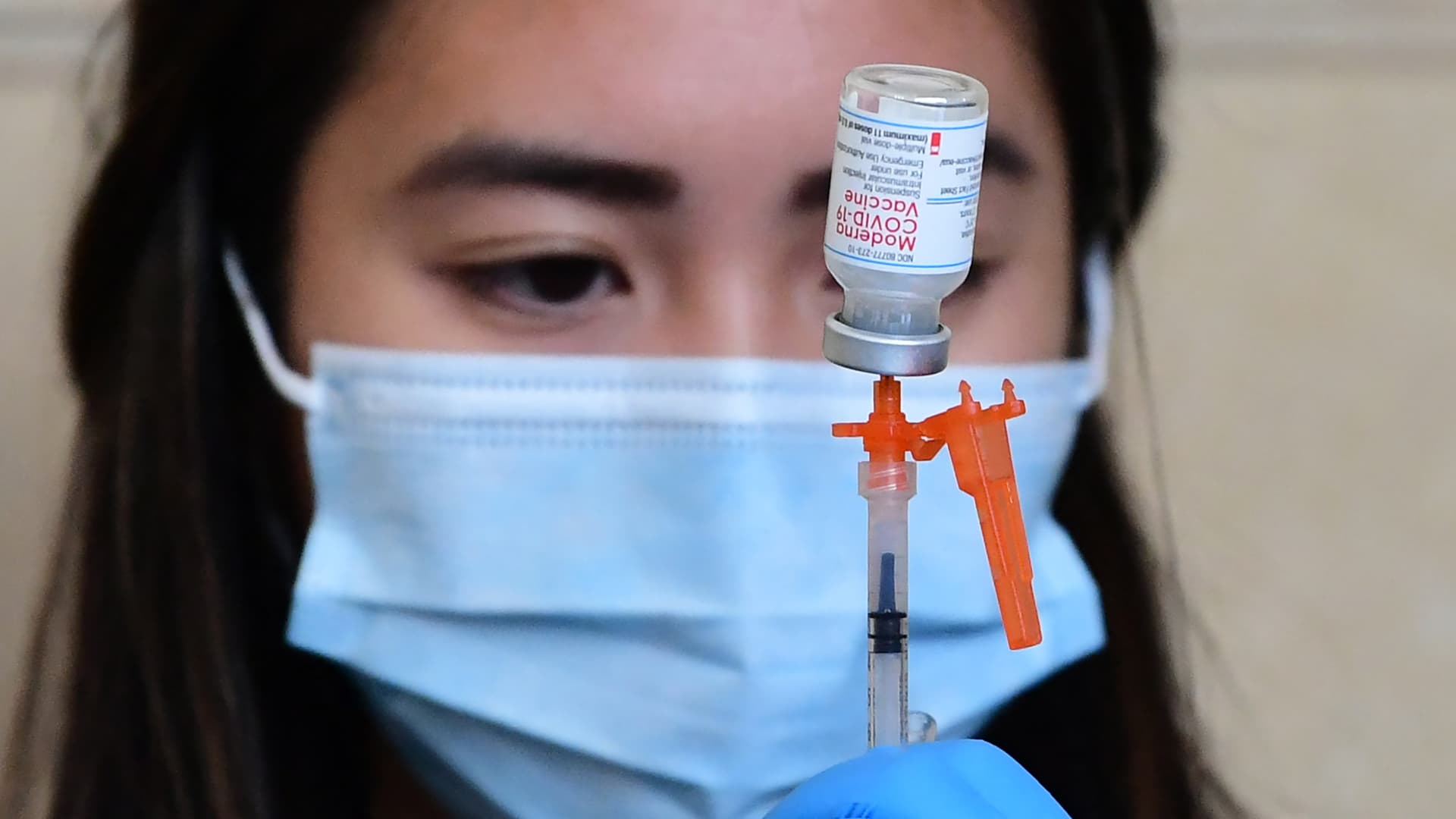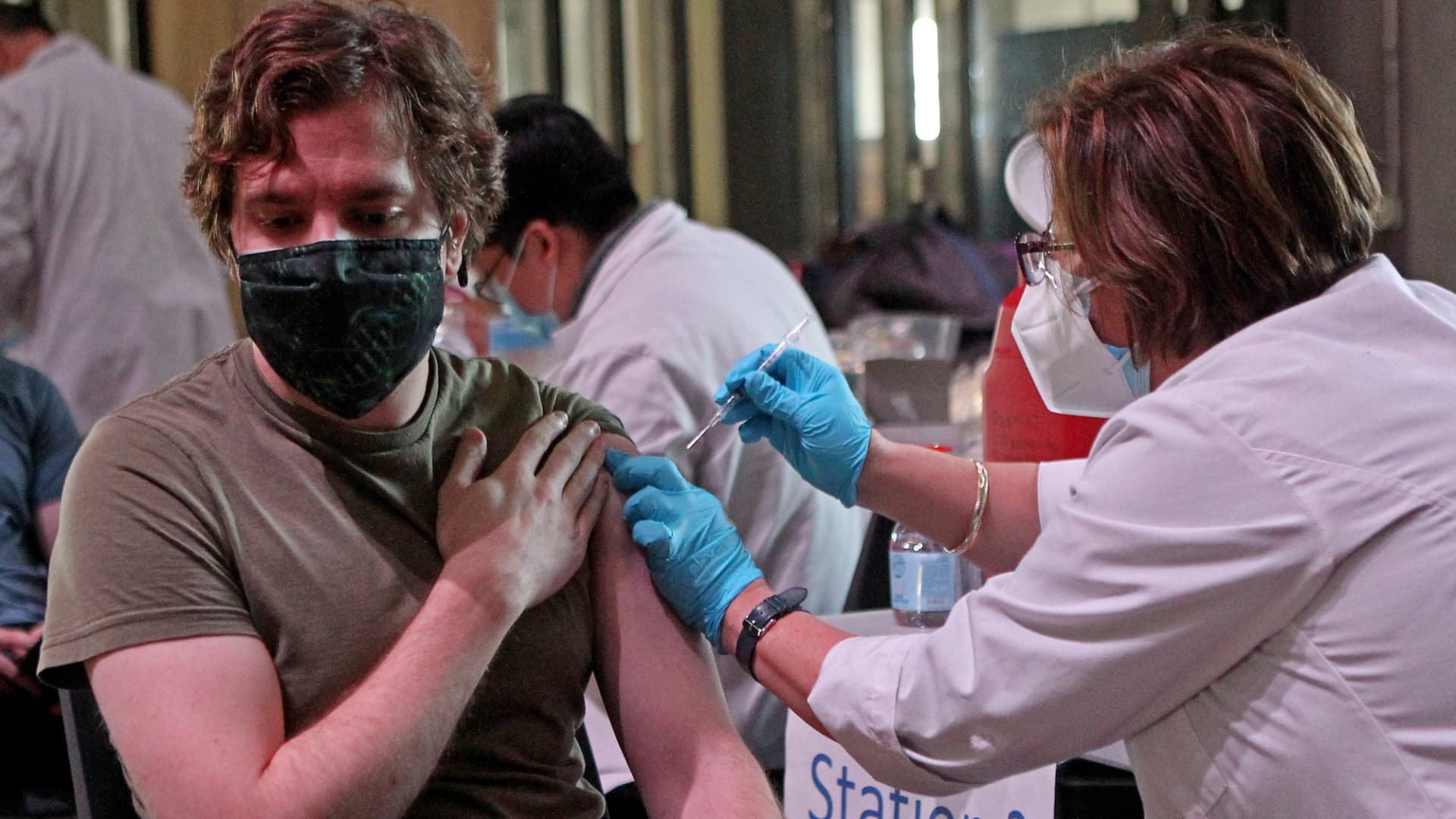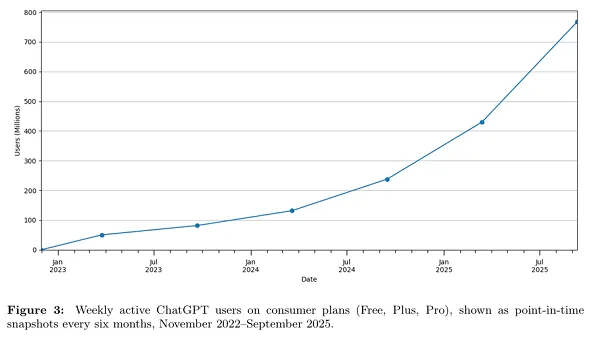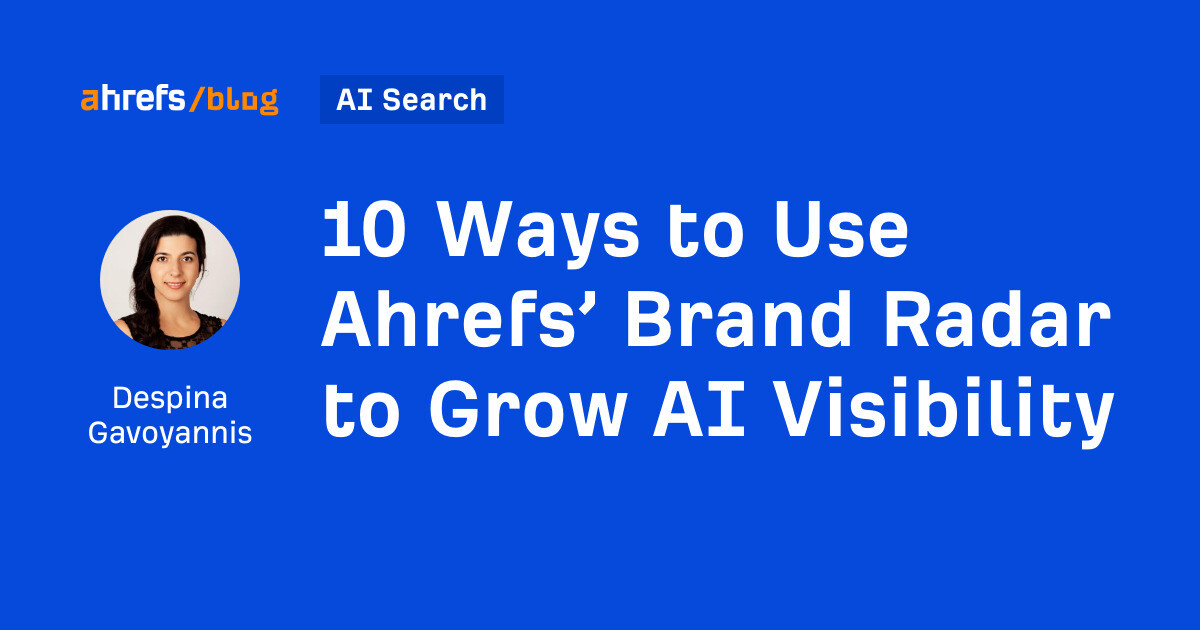Certified Organic Meat Put to the Test
Researchers tested 76 samples of different kinds of organic and conventional meats for 33 different carcinogens. A study on carcinogenic risk associated with the intake […]
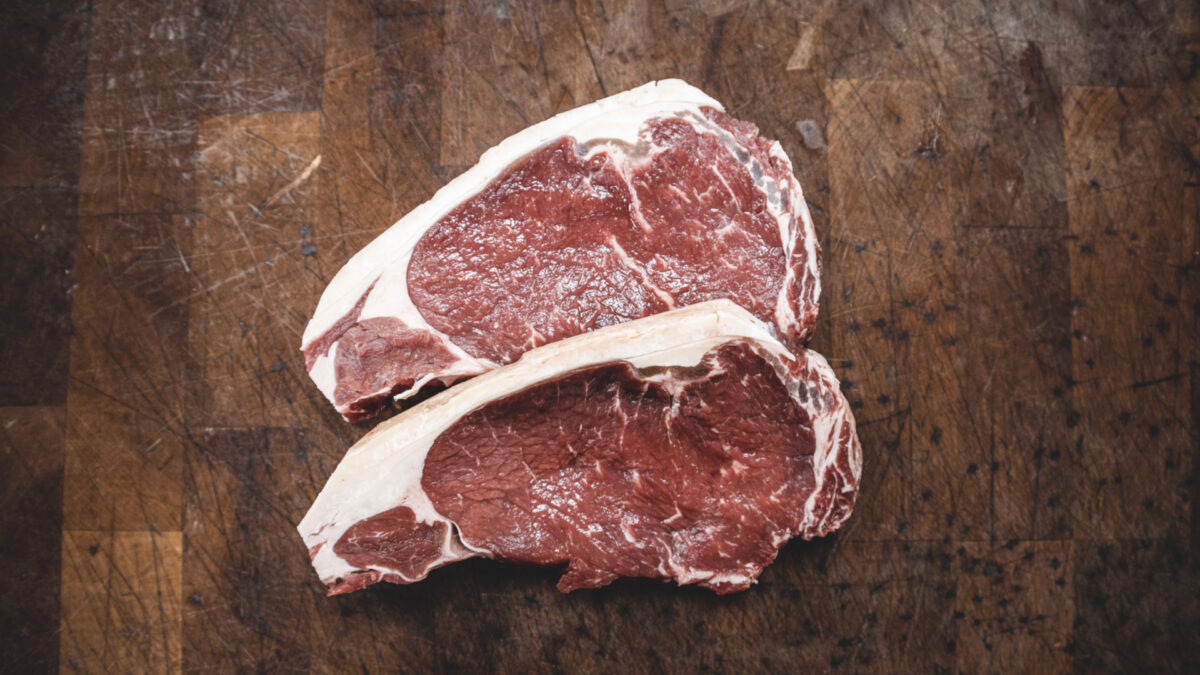
Researchers tested 76 samples of different kinds of organic and conventional meats for 33 different carcinogens.
A study on carcinogenic risk associated with the intake of various meats estimated it to be so high that we may not want to feed beef, pork, or chicken to children more than about five times a month. The study was conducted in Europe, where lamb contamination is a particular problem. In the United States, if there were any standout, it would be chicken and PBDEs (flame-retardant chemicals)—not only compared to other meats, but also to other countries. “Total PBDEs in U.S. chickens averaged 10–20 times higher than those in chickens from Spain or Japan.” However, diet is not the only source of exposure. People eating a vegetarian diet only have about 25 percent lower levels in their bloodstream compared with those eating meat, though a large proportion of the PBDEs levels in omnivores may be from chicken, as I discuss in my video Flashback Friday: Is Organic Meat Less Carcinogenic?.
For other chemicals, diet may play a larger role. Studies of the pollutants in the breast milk of vegetarians, dating back more than 30 years, have found the average vegetarian levels of some pollutants were only 1 to 2 percent as high as the national average. In fact, for six out of seven pollutants researchers looked at, “there was no overlap in the range of scores; the highest vegetarian value was lower than the lowest value obtained in the [general] United States sample.” This is presumed to be the case because these pollutants concentrate up the food chain. So, by eating plants, which are all the way down the food chain, “vegetarians have an edge.”
Consider dioxins, for example. “Meat, fish and dairy products are believed to contribute almost all of the dioxin body burden,” and, indeed, if you look at those eating strictly plant-based diets, they may only have about a third of the levels of dioxins and PCBs, and even less than a fifth circulating throughout their bodies, as you can see at 1:43 in my video.
A study from India really struck me. “India has been facing a major problem of treating its enormous waste from electrical and electronic goods (approximately 400,000 tons of e-waste each year).” The workers at these electronic waste recycling or dismantling plants can be exposed to high levels of toxic chemicals. As you can see at 2:11 in my video, they can end up with a concentration of PCBs in their bloodstream that is nearly twice as high as those living about 250 miles away along the coast. These were non-vegetarian e-waste recycling workers, though. The PCB levels in the bloodstream of vegetarians working at the same plant were even lower—and not only lower than their non-vegetarian co-workers, but also lower than their coastal neighbors 250 miles away.
The problem with these cross-sectional studies is that we can’t single out the diet. Maybe vegetarians have other lifestyle behaviors that protect them. You don’t know until you put it to the test. Change people’s diets, and see what happens. That’s hard to do with persistent pollutants like PCBs, which may take literally decades to detoxify from the body, but we can get rid of heavy metals like mercury in a matter of months. And, indeed, within three months of the “exclusion of meat, poultry, fish and eggs” from the diets of study participants, there was a significant drop in the levels in their bodies of toxic heavy metals, including mercury, cadmium, and lead. Up to about a 30 percent drop within three months, as you can see at 3:02 in my video.
What if we stick to organic meat? Certified organic meat comes from animals “fed with organically produced feed that is free of pesticides and animal by-products,” by law. Therefore, one would assume “there should be lower accumulation of chemical residues. However, practically, there are no studies on the chemical residues’ content in organic meat”—that is, there weren’t any…until now.
Researchers acquired 76 samples of different kinds of meat, both organic and conventional, and quantified their levels of contamination with 33 different carcinogenic persistent organic pollutants. After all, “the ingestion of food contributes more than 90% to the total current exposure to these compounds, especially those food of animal origin such as fish, dairy products, or meat.” But, “[o]n the other hand, an increasing number of consumers” are choosing organic. “In fact, in the USA, organic food production increased by 50% during the last decade,” so are consumers of organic meat protected or not?
“[N]o sample was completely free of carcinogenic contaminants,” which is to be expected given how polluted our world is these days, but what was surprising was that “the differences between organically and conventionally produced meats were minimal.” Furthermore, either way, “the current pattern of meat consumption exceeded the maximum limits, which are set according to the levels of contaminations, and this is associated with a relevant carcinogenic risk. Strikingly, the consumption of organically produced meat does not diminish this carcinogenic risk, but on the contrary, it seems to be even higher…” The bottom line is that the “consumption of organic meat does not diminish the carcinogenic potential associated with the intake of persistent organic pollutants.”
There are also Carcinogens in Meat that are created during cooking. See that video to learn more. If you’re interested in the heavy metals issue, watch How to Lower Heavy Metal Levels with Diet.
KEY TAKEAWAYS
A study out of Europe found that carcinogenic risk associated with consumption of various meats is so high that we may not want to give beef, pork, or chicken to children more than about five times a month. In the United States, chicken and PBDEs (flame-retardant chemicals) stand out as being most contaminated—compared to other meats and also to other countries. Indeed, total PBDEs in U.S. chickens average 10 to 20 times higher than in chickens from Japan or Spain, for example. Studies of pollutants in the breast milk of vegetarians found the average vegetarian levels of some pollutants were only 1 to 2 percent as high as the national average and, for six out of seven pollutants investigated, “the highest vegetarian value was lower than the lowest value obtained in the [general] United States sample.” These pollutants concentrate up the food chain, so, since plants are at the bottom of the food chain, “vegetarians have an edge.” Indeed, nearly all of the dioxin body burden is thought to come from meat (including fish) and dairy products. Those eating strictly plant-based diets may have only about one-third the levels of dioxins and PCBs, and even less than one-fifth circulating in their bodies. Cross-sectional studies do not allow for diet to be singled out, and vegetarians may have other protective lifestyle habits. When people’s diets were changed, though, they experienced a significant drop in toxic heavy metals, including mercury, cadmium, and lead, in their bodies within three months of excluding meat and eggs. By law, certified organic meat must come from animals fed organic feed that is free of pesticides and animal by-products, so one might assume it has lower accumulation of chemical residues. However, when researchers tested 76 samples of different kinds of organic and conventional meat, not one was completely free of carcinogenic contaminants and “the differences between organically and conventionally produced meats were minimal.” Further, current meat consumption patterns are associated with carcinogenic risk, and, strikingly, intake of organic meat seems to elevate it even higher.What about organic versus conventional produce? Check out:
Are Organic Foods More Nutritious? Are Organic Foods Safer? Flashback Friday: How to Make Your Own Fruit and Vegetable Wash Are Organic Foods Healthier? Are the Benefits of Organic Food Underrated or Overrated? Is Monsanto’s Roundup Pesticide Glyphosate Safe?In health,
Michael Greger, M.D.
PS: If you haven’t yet, you can subscribe to my free videos here and watch my live presentations:
2019: Evidence-Based Weight Loss 2016: How Not To Die: The Role of Diet in Preventing, Arresting, and Reversing Our Top 15 Killers 2015: Food as Medicine: Preventing and Treating the Most Dreaded Diseases with Diet 2014: From Table to Able: Combating Disabling Diseases with Food 2013: More Than an Apple a Day 2012: Uprooting the Leading Causes of Death
 Hollif
Hollif 










